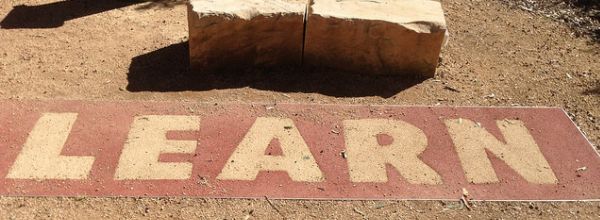 I just got done reading Ernst Mayr’s The Growth of Biological Thought, which is on the history and philosophy of biology, from Aristotle to ~1980 (written in 1982). Of particular interest to me was the section on the Modern Synthesis, where the views on evolution of the geneticists and other experimental biologists were reconciled with that of the naturalists. (Or, if you prefer, the Synthesis finally merged Darwin and Mendel.)
I just got done reading Ernst Mayr’s The Growth of Biological Thought, which is on the history and philosophy of biology, from Aristotle to ~1980 (written in 1982). Of particular interest to me was the section on the Modern Synthesis, where the views on evolution of the geneticists and other experimental biologists were reconciled with that of the naturalists. (Or, if you prefer, the Synthesis finally merged Darwin and Mendel.)
What of comparably brilliant books on evolutionary biology, post-Synthesis, from the point of view of genetics, molecular biology, and related disciplines? I won’t pretend to have read every such book out there, but below the fold is a list of some of the more seminal books, IMHO. Please add to them in the comments!
In no particular order:
Genetics and the Origin of Species (1937) – Originally published in 1937, Theodosius Dobzhansky’s book is credited by Mayr and others as having kicked off the Modern Synthesis of the 1930’s and 40’s. His most notable student, Francisco Ayala, eulogized Dobzhansky by saying that his seminal book “… had an enormous impact on naturalists and experimental biologists, who rapidly embraced the new understanding of the evolutionary process as one of genetic change in populations.”
Endless Forms Most Beautiful (2005) – Geneticist Sean B. Carroll writes as a popularizer of the new field of Evo-Devo, or evolutionary developmental biology. “Every animal form is the product of two processes–development from an egg and evolution from its ancestors,” Carroll writes, as he goes on to describe the regulatory genes that organize the animal body plan.
Evolution by Gene Duplication (1970) – While mentioned by earlier geneticists, Susumu Ohno postulated that gene duplication plays a major role in evolution, and articulated mechanisms of gene duplication better than his predecessors. The outcome of the processes that he described has come to be described as neofunctionalization, which has been associated with the increasing complexity associated with the first vertebrates (see the 2R Hypothesis).
Origin of Eukaryotic Cells (1970) – Unorthodox to say the least, Lynn Margulis’ endosymbiotic theory emphasizes innovation in the history of life by cooperation rather than by competition. Her theory is largely accepted as the now-orthodox explanation for the origin of mitochondria and other organelles, and may offer insights into such areas of research as human genomics, although some postulates on endosymbiosis are still considered fringe ideas.
The Extended Phenotype (1982) – In his sequel to The Selfish Gene, Richard Dawkins continues the argument that genes often act as selfish replicators. He also proposes something quite novel at the time: that organisms and their genes are not only effected by the environment, they themselves operate on the environment. That is the “long reach of the gene,” as Dawkins says.
Okay – those are my top five books. What are yours?







